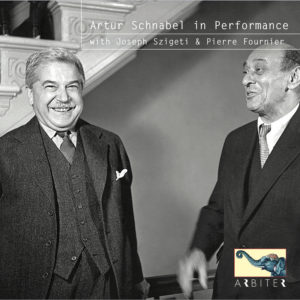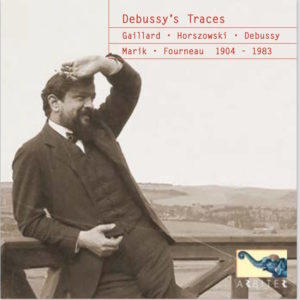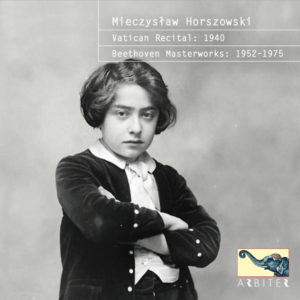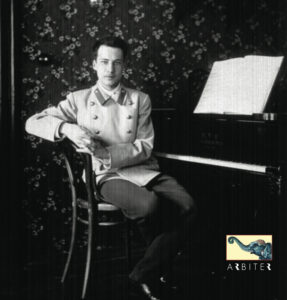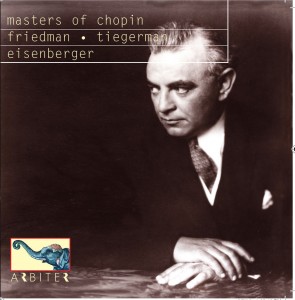Arbiter of Cultural Traditions | All notes and translations ©Allan Evans unless otherwise indicated.
Email: info@arbiterrecords.com | Mailing Address: Arbiter of Cultural Traditions, 153-20 33rd Avenue, Flushing, NY 11354-3312, USA
Site by Bad Feather | Powered by Wordpress
